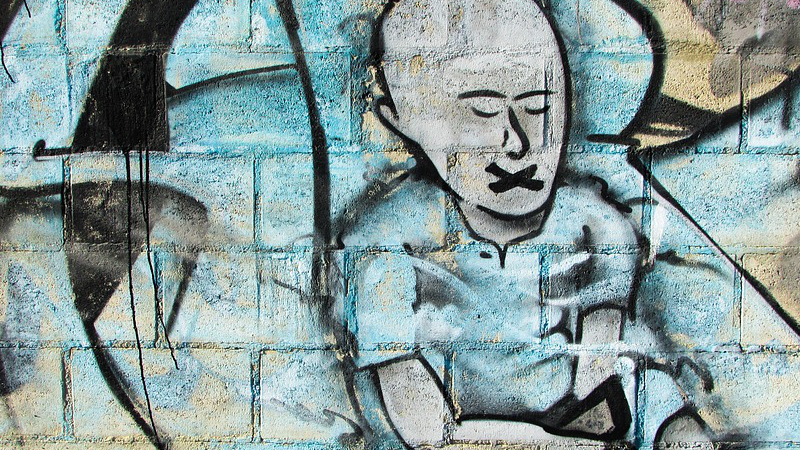Balancing Benefits And Risks Of Social Media: The Case Of Pakistan’s Ban On X – OpEd

In an age where digital communication has become an integral part of daily life, the impact of social media platforms is undeniable. Social media has revolutionized the way we connect, share information, and engage in public discourse. In Pakistan, as in many other countries, platforms like Facebook, Twitter (now known as X), and Instagram have become essential tools for political mobilization, social activism, and personal expression. However, the immense power of these platforms also brings significant risks, particularly to national security. This delicate balance between harnessing the benefits of social media and mitigating its threats is at the heart of the recent decision by the Pakistani government to ban X.
The decision to ban X in Pakistan was not made lightly. The platform has been a crucial tool for political engagement and social activism, providing a space for voices that might otherwise be marginalized. It has played a significant role in mobilizing support for political parties, organizing protests, and raising awareness about various social issues. The platform’s ability to connect people across the country and the world is a testament to its potential as a force for good. However, this same connectivity and reach can also be exploited for more nefarious purposes.
One of the primary concerns that led to the ban on X was its use by certain elements to manipulate political narratives and destabilize the country. Social media platforms, by their very nature, are susceptible to misuse. The spread of misinformation, hate speech, and propaganda can have real-world consequences, affecting public opinion and potentially inciting violence. In Pakistan, there have been numerous instances where social media has been used to spread false information, create panic, and exacerbate political tensions. The government’s decision to ban X was motivated by the need to curb these threats and protect national security.
While the ban on X aims to address these security concerns, it also raises important questions about freedom of expression and the role of social media in a democratic society. Social media platforms are powerful tools for free speech, allowing individuals to express their opinions, share information, and engage in public debate. The ban on X has sparked a debate about the limits of this freedom and the extent to which the government should intervene in regulating online content. Critics argue that such measures can be used to stifle dissent and suppress opposition, undermining democratic values and human rights.
The challenge lies in finding a balance between ensuring national security and upholding the principles of free speech and democracy. It is essential to recognize that social media platforms, while not inherently harmful, can be manipulated by those with malicious intent. The spread of fake news, the amplification of extremist ideologies, and the use of social media for coordinated disinformation campaigns are serious threats that cannot be ignored. At the same time, overly restrictive measures can stifle legitimate political discourse and infringe on individual rights.
In response to the ban, there has been a call for more nuanced and targeted approaches to regulating social media. Rather than blanket bans, which can have wide-ranging and often unintended consequences, some suggest focusing on improving digital literacy, enhancing cybersecurity measures, and working with social media companies to develop better mechanisms for identifying and mitigating harmful content. This collaborative approach can help address the underlying issues without unduly restricting freedom of expression.
Moreover, it is crucial for governments to engage with civil society, the tech industry, and international organizations to develop comprehensive strategies that balance security concerns with the need to protect democratic freedoms. Transparency and accountability in how these regulations are implemented are key to ensuring that they are not abused for political gain.
The ban on X in Pakistan serves as a stark reminder of the dual-edged nature of social media. While it can be a force for positive change, it also poses significant risks that must be carefully managed. As technology continues to evolve, so too must our approaches to regulation and governance. It is essential to foster an environment where the benefits of social media can be realized while minimizing its potential harms.
In conclusion, the use of social media is undoubtedly a good thing, bringing people together, enabling the free flow of information, and empowering individuals to make their voices heard. However, it is equally important to recognize and address the challenges it presents to national security. The Pakistani government’s decision to ban X underscores the need for a balanced approach that safeguards both security and freedom. As we navigate this complex landscape, ongoing dialogue and collaboration between all stakeholders will be crucial in finding solutions that uphold our democratic values while protecting our societies from harm.
